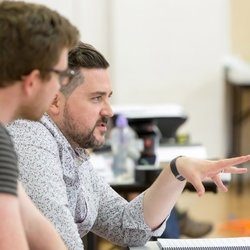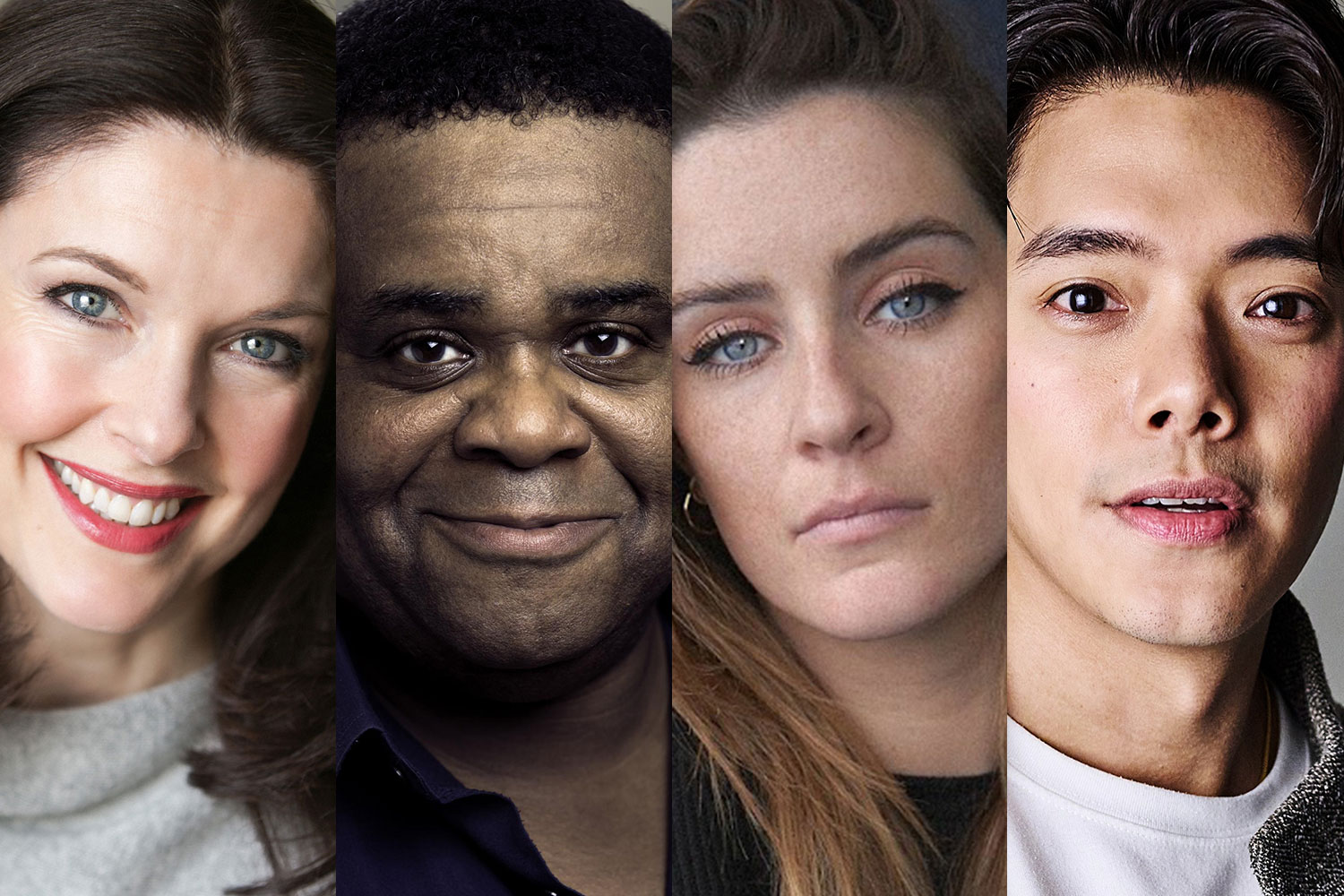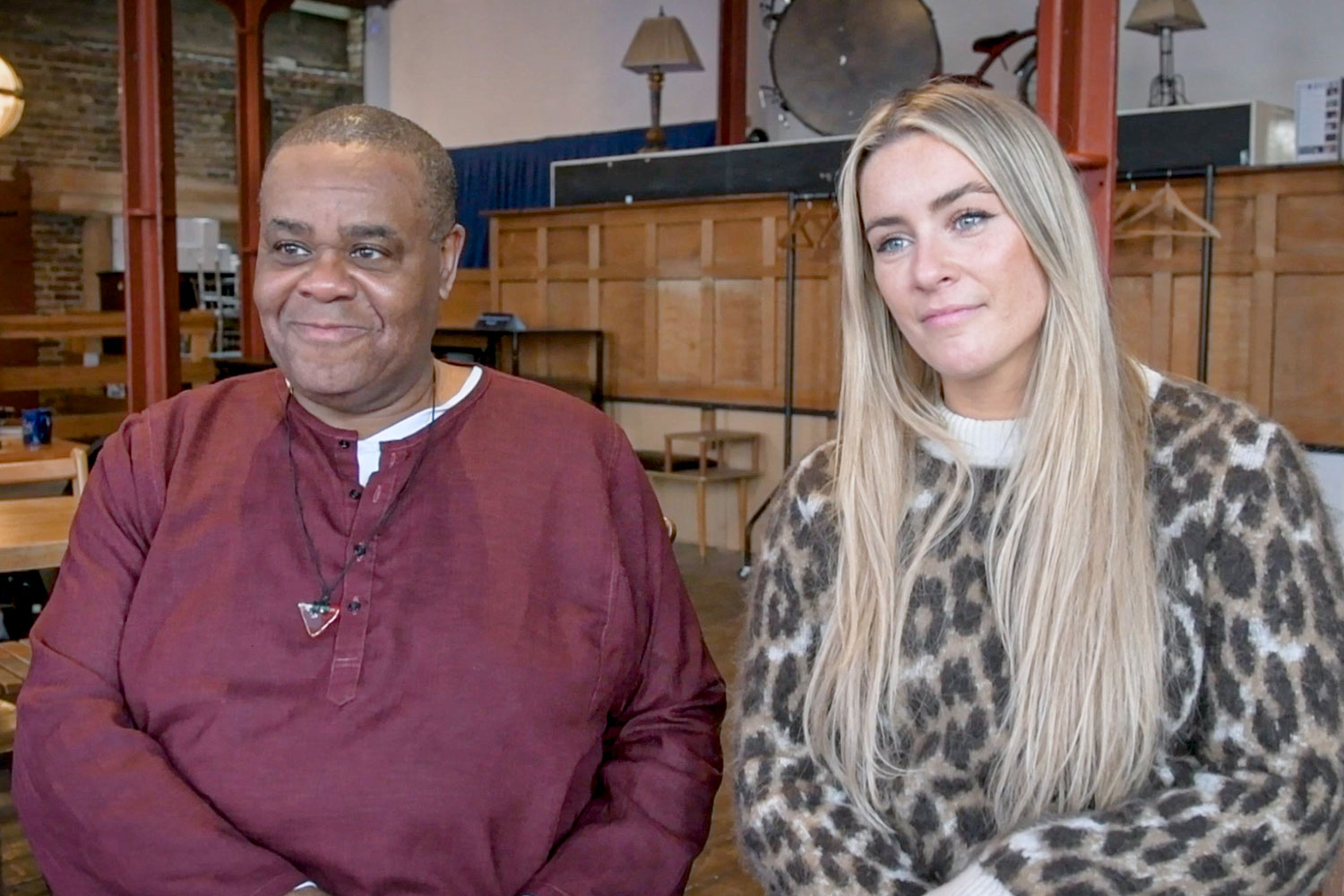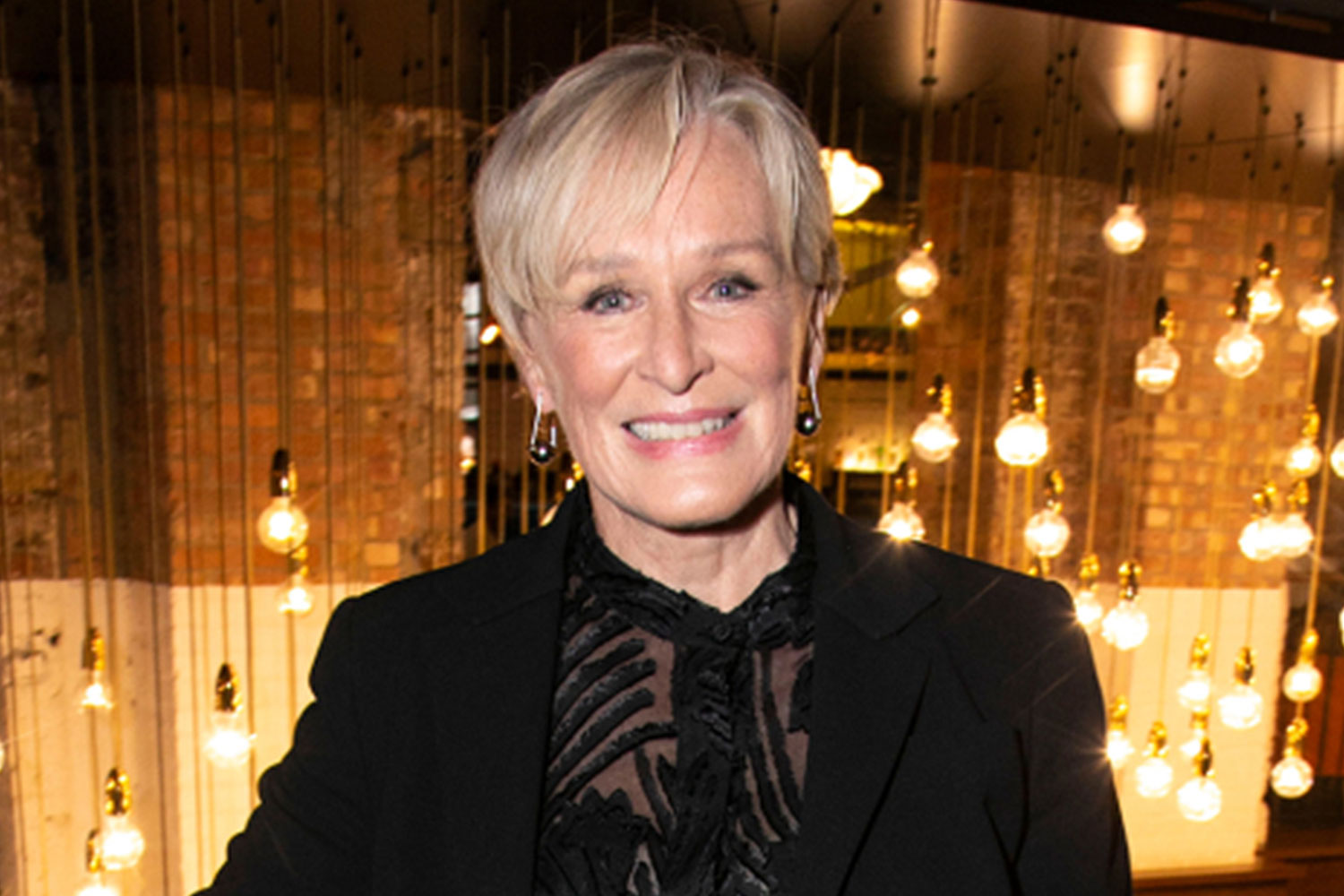Director Thaddeus Strassberger discusses his work with The Royal Opera
What made you want to become an opera director?

© Stephen Cummiskey
I have worked in the theatre since I was ten years old and I always pictured myself creating fantastical new worlds in which this rich musical drama that is opera could unfold. I have been encouraged along the way by so many people –the jury of the European Opera Prize who granted me my European debut, Plácido Domingo, Kasper Holten – and I still I count myself lucky every time I walk into a rehearsal room filled with talented people and have the chance to focus their talents and energies in a singular vision. I never became an opera director; I think I always was one!
You’ve directed an eclectic range of operas over the last few years – which did you enjoy staging the most and why?
I've just directed the Russian premiere of Philip Glass’s Satyagraha, delving so deeply into the ideas of non-violent resistance to oppression and war at such a volatile time in the political situation there. Musically, visually, dramatically and philosophically the ideas combined to have a reverberation that lasted long beyond the final curtain in the lives of the artists who performed, the politicians who supported the production and the audience who were able to experience it.
A certain opera in a certain time in a certain place made me realise that we can’t present operas as ‘masterworks’ on their own, divorced from a larger cultural reality. A lot of ink is spilled about how ‘relevant’ opera is (or isn’t) and this production reminded thousands of people that when it is relevant, you don’t have to talk about, but you just know it.
Why were you drawn to Eichberg’s opera Glare?
I’ve directed many big historical operas that deal with kings and wars and classical mythological characters and when I read the treatment for Glare, I was drawn to the bigness of the human experience that ‘normal’ people can have as well. You don’t have to be King Lear to experience a storm of emotions that make you question the values in your own life – these same questions may strike you on a night bus just when you least expect it.
What can audiences expect from Glare?
With a new work of any kind, I think expectations are dangerous. You’ll spend most of the evening trying to square what you thought it was going to be with what it actually is. Glare is actually quite short in length and just comes out of the gate running – I wouldn’t want anybody to miss a second of that live experience!
What are the advantages, or maybe disadvantages, of staging a work whose composer is at hand – as usually they’re not?
You can really ask what they had in mind visually as they composed the music. With Verdi and Mozart and Puccini we only ever see what other people had in mind visually to represent their music onstage, but can’t be certain whether what made it onstage actually harmonised with their vision. I am finding it liberating as when the composer says that I have complete freedom to visually invent an emotional moment, he can then support that further as we collaborate.
Many people are scared of contemporary opera; what are the main reasons to give Glare a try?
People have always been scared of contemporary opera. If you read the reviews for La traviata published the morning after the premiere you’d hear many of the same arguments that we hear against operas that are being written today. The main reason to give Glare a try is to support the idea of creating new work. Engaging with the process, the musical and dramatic Zeitgeist, is just as important as consuming a product.
There are only four characters in Glare. Does that make the work easier to stage than one with a large cast of principals and chorus, or more difficult?
It places enormous pressure on the performers themselves. They are very exposed and must create the same amount of energy onstage for their performances that you might find at a huge grand opera. But it can be incredibly rewarding as well, concentrating the attention down to the elemental details can resonant more honestly than something with more grandeur can. Smaller gestures, looks, breathing are all more meaningful in more intimate setting as well; it lends a certain humanity that can be lost on a larger stage.
Your other project at The Royal Opera is Verdi’s early opera I due Foscari. What was it like working with the legendary Plácido Domingo?
I’ve worked with him in various capacities. He’s conducted my production of Hamlet, commissioned a new production of Nabucco, and now starred in I due Foscari. No matter what his role, he’s constantly interested in the same themes – how to find the pathos in flawed characters and how to turn a character’s short-comings and foibles into poignantly believable and ultimately sympathetic human beings. He is an incredibly generous stage animal and raises the stakes for everyone onstage to rise to his level of dedication and match his complete, three-dimensional presence.
I due Foscari is rarely staged these days. What approach do you take working on an opera that’s more than likely to be unfamiliar to an audience?
With lesser known works, I try to make sure the narrative is clear to allow the public to experience the piece on its own merits. Sometimes a work is less often performed because it is indeed seriously flawed, either in its dramatic structure or because the composer has missed opportunities to explore thoroughly the themes presented in the text. There’s a fine line between championing the piece on its own terms and apologising for its obvious shortcomings, I think.
You’re marooned on a desert island, and are allowed one opera score. Which would you take and why?
Ariadne auf Naxos. Not only is it an incredible exploration of the minutiae of my everyday experience, it’s also a vivid, deep exploration of what it means to be lost and found. Comedy and despair, remorse and hope intertwine in the text and music like nowhere else. I’d read it every day hoping a ship would arrive!
– Glare opens at the Royal Opera House on 14 November.










